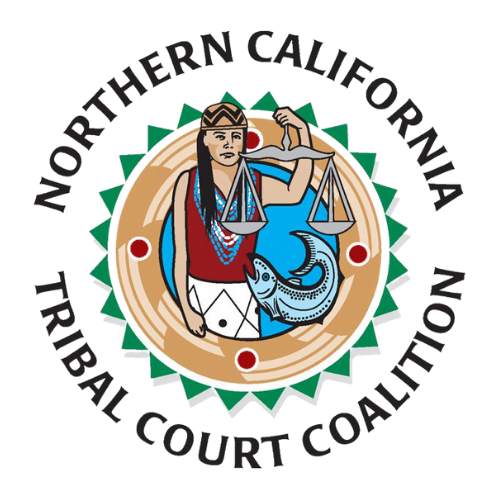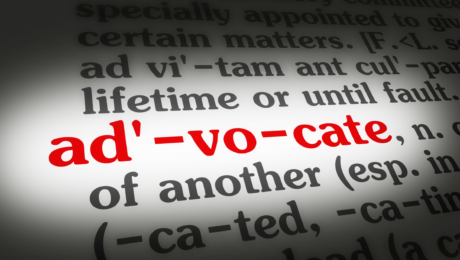Cal VCB 101 FREE Tribal Advocate Training on May 14, 2020
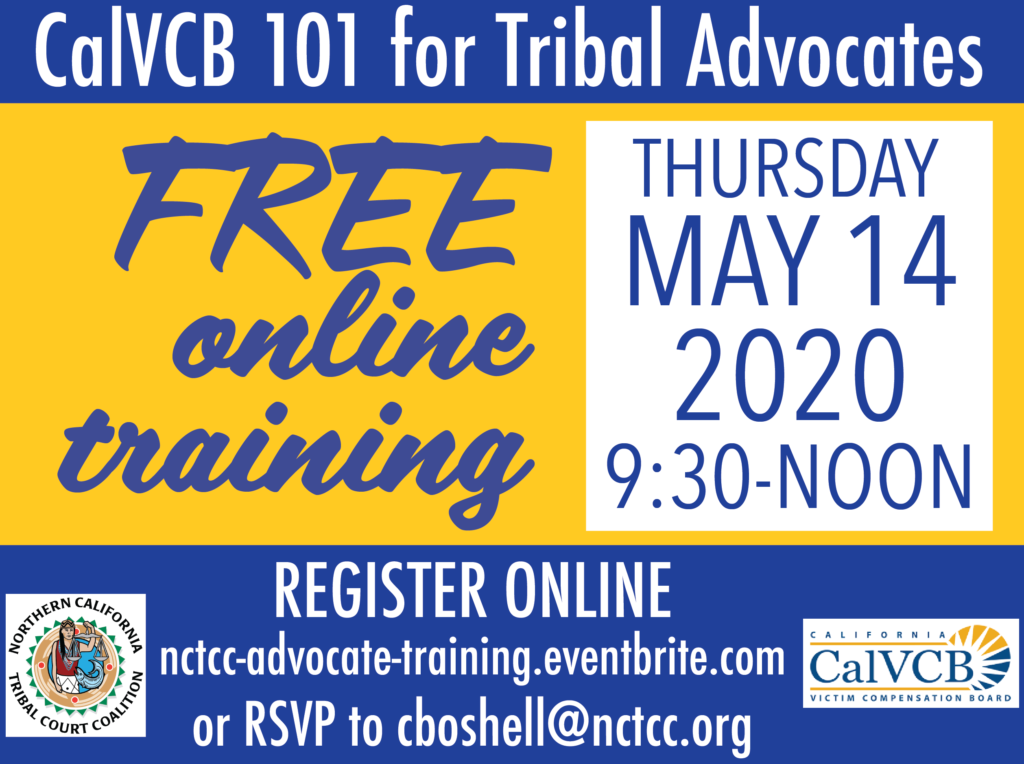
NCTCC is pleased to offer a FREE training: CalVCB 101 for Tribal Advocates. This is a special online training for tribal staff who provide services to victims of domestic violence. Victims, their family members, and representatives are also welcome to join. If you work with tribal DV victims or want to assist victims with obtaining benefits, this training will orient you to the CalVCB application process so you can increase the effectiveness of your advocacy.
We welcome you to join us for this no-cost training session with CalVCB Advocate Liaison Cindy Kaiser.
What you will learn
You will learn useful skills, including:
- How to qualify for financial benefits
- Which expenses can be reimbursed
- Strategies for navigating the process
- The responsibilities of victim representatives
How to register
You have two ways to register. You may self-register at our event website: https://nctcc-advocate-training.eventbrite.com. You may also email your RSVP to Cynthia Boshell at cboshell@nctcc.org.
How to attend
The training is fully online, so you should plan to login to the virtual classroom using a link that will be sent to your email approximately 24-48 hours prior to the event. Because we use email to send the link, when you register we ask that you provide an email that you check regularly.
If you have any difficulty with registration or have questions about the training please contact Cynthia Boshell at cboshell@nctcc.org.
This opportunity is co-hosted by Northern California Tribal Court Coalition and California Victim Compensation Board.
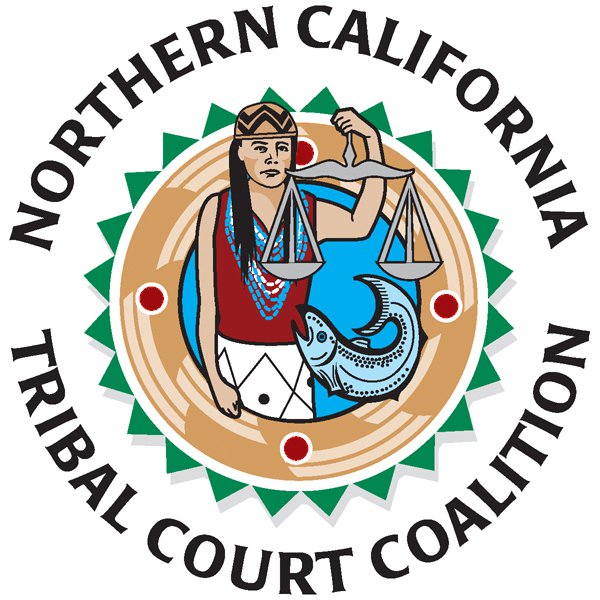
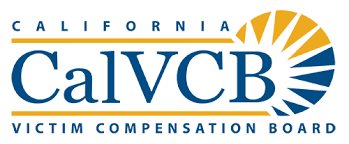
Northern California Tribal Court Coalition is here to help
We are here to help. Northern California Tribal Court Coalition’s free mobile App contains CalVCB information. Knowing how compensation works and how to receive benefits for relocation, lost income, medical expenses, and attorney fees can be empowering.
If you would like assistance with downloading or using the NCTCC App, please contact one of our Program Specialists to obtain technical assistance or arrange a training session. Contact Cynthia Boshell at cboshell@nctcc.org or Jake Swamp at jswamp@nctcc.org.
- Published in Uncategorized
New Opportunity at NCTCC
We are excited to announce that Northern California Tribal Court Coalition (NCTCC) has several openings on our DV App Advisory Committee. If you work in the area of tribal domestic violence services (examples: social work, law enforcement, tribal court, victim advocacy or community services) and would like to help shape the future of the NCTCC DV App, please consider applying for our DV App Advisory Committee.
The committee meets via phone conference for one hour each month and provides input, ideas, and feedback for DV App development. In return you have the opportunity to participate in upcoming trainings.
To apply or obtain more information please contact Sarah Caligiuri: scaligiuri at nctcc dot org.
- Published in Uncategorized
3 vital ways advocates help tribal victims of violent crime
Tribal members who live on reservations are already vulnerable to violent crime due to the inconsistencies of law enforcement in Indian Country. Enforcement can be the responsibility of federal, state, or tribal jurisdictions depending on where the crime occurred. This creates victim uncertainty about how to report a crime and the extent of their rights. In this situation obtaining assistance with the legal process can be especially helpful. Victim advocates can be a lifeline for victims because advocates have the knowledge, skill and ability to contribute meaningful expertise, especially during times of crisis. Here are 3 important ways advocates can help tribal victims of violent crime.
1. Victim Advocates can shield crime victims from further traumatization by functioning as buffers.
Victim advocates are liaisions between law enforcement and victims. Advocates can transform what could otherwise be an intrusive process into a positive, trauma-centered victim support. Advocates can minimize the physical, emotional, and psychological pain that results from reliving a crime. Often victim advocates can respond on behalf of victims or summarize law enforcement requests to victims in order to prevent further distress during trauma recovery. Advocates have the ability to work with victims to reduce the stress of investigation and prosecution.
2. Victim advocates use their justice system expertise to help victims navigate the reporting process.
Advocates provide a shoulder for victims to lean on throughout the process. Advocates educate victims about their legal rights and the legal process, accompany victims to court, help victims with reporting and questioning, assist victims with completing paperwork, and can help victims with finding an attorney.
3. Victim Advocates help victims get reimbursement for crime-related expenses.
Victim advocates can assist victims with completing applications for financial compensation. When victims have insurance plans, advocates can help victims apply for the benefits they deserve. When expenses are not covered by private insurance, victim advocates can help victims obtain state compensation to cover expenses directly related to their physical and emotional injuries. Advocates can also provide information about statutory deadlines and family member compensation.
If you are a tribal member who has experienced a violent crime, you can ask a victim advocate to help you navigate tribal, state and federal justice systems. Download the NCTCC App to find victim service organizations near you.
If you are a Victim Advocate looking for ways to better serve your clients the NCTCC App can connect you with resources. Our Project Specialists can provide remote, one-on-one or group training on the App. Contact Cynthia Boshell (cboshell@nctcc.org) or Jake Swamp (jswamp@nctcc.org) to arrange a training.
- Published in Uncategorized
